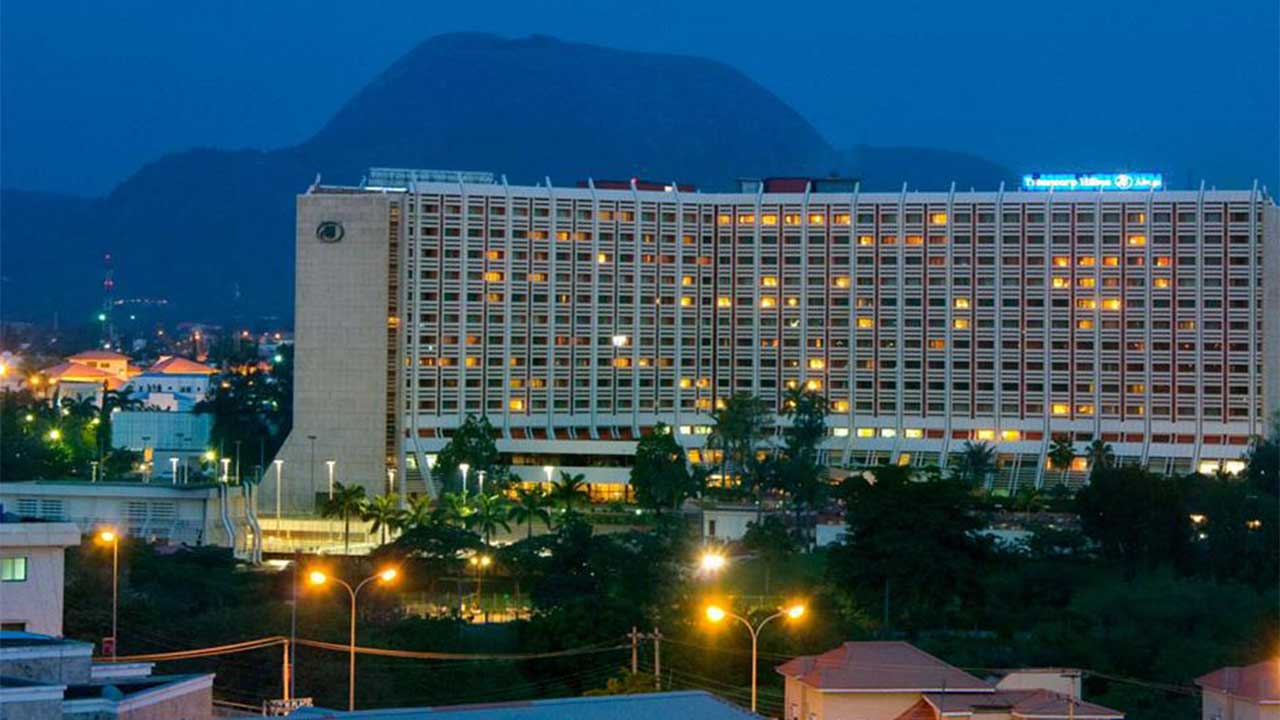- Police Exit Threatens N6.4tn Pension Funds
A bill to amend the Pension Reform Act 2014 that will lead to the exclusion of members of the Nigeria Police Force, the Nigerian Security and Civil Defence Corps, Nigeria Customs Service, Nigerian Prison Service, Nigeria Immigration Service and the Economic and Financial Crimes Commission from the Contributory Pension Scheme and other related matters has been of concern to stakeholders in the pension industry.
The bill, sponsored by Hon. Oluwole Oke, has passed the second reading and referred to the relevant committee of the House of Representatives for further action.
If passed into law, the Nigeria Police Force Pension Limited, which has accumulated total assets of N283.9bn, and paramilitary personnel, would withdraw their money from the N6.4tn pension funds under the CPS.
The exit move embarked upon by the paramilitary organisations was triggered by the way the military, Department of State Security and the National Intelligence Agency pulled out of the CPS and withdrew all their funds from the scheme some years back.
There are fears that this may embolden workers in the public sector and other sectors to renew their interest to pull out of the pension scheme.
Already, due to some implementation challenges, there has been a clamour among some Federal Government agencies for exemption from the CPS.
Their complaint is essentially the quantum of retirement benefits, which they believe should be enhanced.
While many investors have been eyeing the growing pension funds and lobbying the administrators of the assets on how to get access to the money, the operators have continued to explain that the funds are not idle, but have been invested in various assets.
According to the pension fund operators, N4.75tn of the N6.4tn funds has been invested in Federal Government securities.
They are of the view that exempting some government agencies will lead to divestment from the FGN securities before maturity.
This, they noted, would have a ripple effect on not only the finances of the government, but the entire financial system.
They also gave another negative impact as the erosion of the pool of long-term investible funds accumulated under the CPS, which would further undermine development initiatives in infrastructure, housing and real sectors of the economy, expected to be funded with the pension funds.
Experts noted that pension operators had actively participated in the establishment of the Nigeria Mortgage Refinancing Company with the investment of N83.36bn in its securities and other mortgage refinancing initiatives of the Federal Government.
According to data obtained from the National Pension Commission, the total number of registered contributors rose to 7.4 million as of March, which represents about 7.45 per cent of the total labour force and 3.95 of the country’s population.
The pension funds presently contribute six per cent of the Gross Domestic Product, with an average monthly contribution of N30bn.
As of March, over 184,979 workers had retired under the CPS and are currently receiving pensions with an average monthly pension payment of N6.7bn, while monthly pensions have averaged N1.7bn.
However, the Pension Fund Operators of Nigeria has argued that exempting the police and members of paramilitary organisations will put additional financial burden on the Federal Government.
According to them, while the CPS ensures that both workers and their employers contribute to the Retirement Savings Accounts during the workers’ active years, this financial responsibility will now be shouldered by the government, which may not be sustainable.
According to PenCom, the Federal Government is already overburdened with payment of pensions, as illustrated in the 2016 Appropriation Act, which made a provision of N200.17bn as the total pension and gratuities allocation, which is insufficient to fund the pension liabilities of the government.
The 2016 Pension Transitional Arrangement Directorate’s budget proposal indicated a total annual pension liability of N388.32bn, and out of that sum, N255.89bn constituted unfunded liability, which was inherited by PTAD, mostly due to an outstanding payment of 33 per cent pension arrears to pensioners under the Defined Benefits Scheme. This is much higher than PTAD’s proposal in view of the provision of about N74.53bn for the Military Pension Board; N7.64bn for the State Security Service; and N3.71bn for the National Intelligence Agency.
According to the pension operators, the DBS is not sustainable as exempting the military, DSS and the NIA has resulted in very high allocation of resources to fund their retirement benefits.
Experts have however said that if more financial liabilities are transferred to the Federal Government, and the funding is not forthcoming, retirees can be dragged back to the era when there were long queues of pensioners for verification and haphazard payment of pensions.
The Head, Research, and Strategy Management, PenCom, Dr. Aminu Farouk, said the bill for the exemption of the police and other paramilitary organisations provided no clear justification for the affordability and sustainability of the proposal.
According to him, the bill is only seeking to increase the liabilities of the already overstretched and overburdened Federal Government.
The Chairman, PenOp, Mr. Eguarekhide Longe, said it was clear that the bill was not well thought out, and showed limited understanding of the innate long-term benefits of pensions for retirees, adding that if passed, it would significantly defeat the purpose of pension reforms in Nigeria.
According to him, a complete pullout of the paramilitary organisations is not the answer to the problems in the CPS, given the current state of public finances in the country.
“Permitting this bill to gain root as the Armed Forces amendment bill did will spell doom for the public sector segment in the CPS in Nigeria and for the entire industry ultimately as other groups within the system will follow suit,” he said.


 Forex3 weeks ago
Forex3 weeks ago


 Naira2 weeks ago
Naira2 weeks ago
 Billionaire Watch2 weeks ago
Billionaire Watch2 weeks ago




 Naira2 weeks ago
Naira2 weeks ago




 Naira4 weeks ago
Naira4 weeks ago




 Naira2 weeks ago
Naira2 weeks ago


 Naira1 week ago
Naira1 week ago
 Banking Sector4 weeks ago
Banking Sector4 weeks ago





















